
About this course
This module explores the principles, practices, and tools of environmental quality management with specific relevance to the context of Myanmar. Students will engage with international and national legal frameworks, institutional mechanisms, and practical techniques for monitoring, controlling, and improving environmental quality. The module integrates pollution control, waste management, environmental assessments, and emerging technologies to provide a holistic understanding of environmental performance.
Learning Outcomes
-
Upon successful completion of this course, students will be able to:
- Understand core concepts of environmental quality and sustainability
- Analyse environmental regulations, guidelines, and compliance strategies
- Apply techniques for air, water, and soil quality monitoring
- Evaluate pollution control technologies and waste management systems
- Interpret Environmental Impact Assessments (EIA) and integrate mitigation measures
- Investigate emerging issues such as microplastics, urban pollution, and green infrastructure
- Develop environmental quality reports and policy recommendations
Total Modules
- Introduction to Environmental Quality Management
- Environmental Standards and Regulatory Frameworks (Myanmar and Global)
- Air Quality Monitoring and Control
- Water and Wastewater Management
- Soil Quality and Land Contamination
- Pollution Prevention, Waste Management, and Recycling
- Environmental Impact Assessment (EIA) and Mitigation Measures
- Environmental Auditing and Performance Evaluation
- Emerging Issues: Plastics, Climate-Linked Pollution, Urban Waste
- Project Presentation and Peer Review
20 lessons
Course duration
120 hrs
Course Type
Hybrid
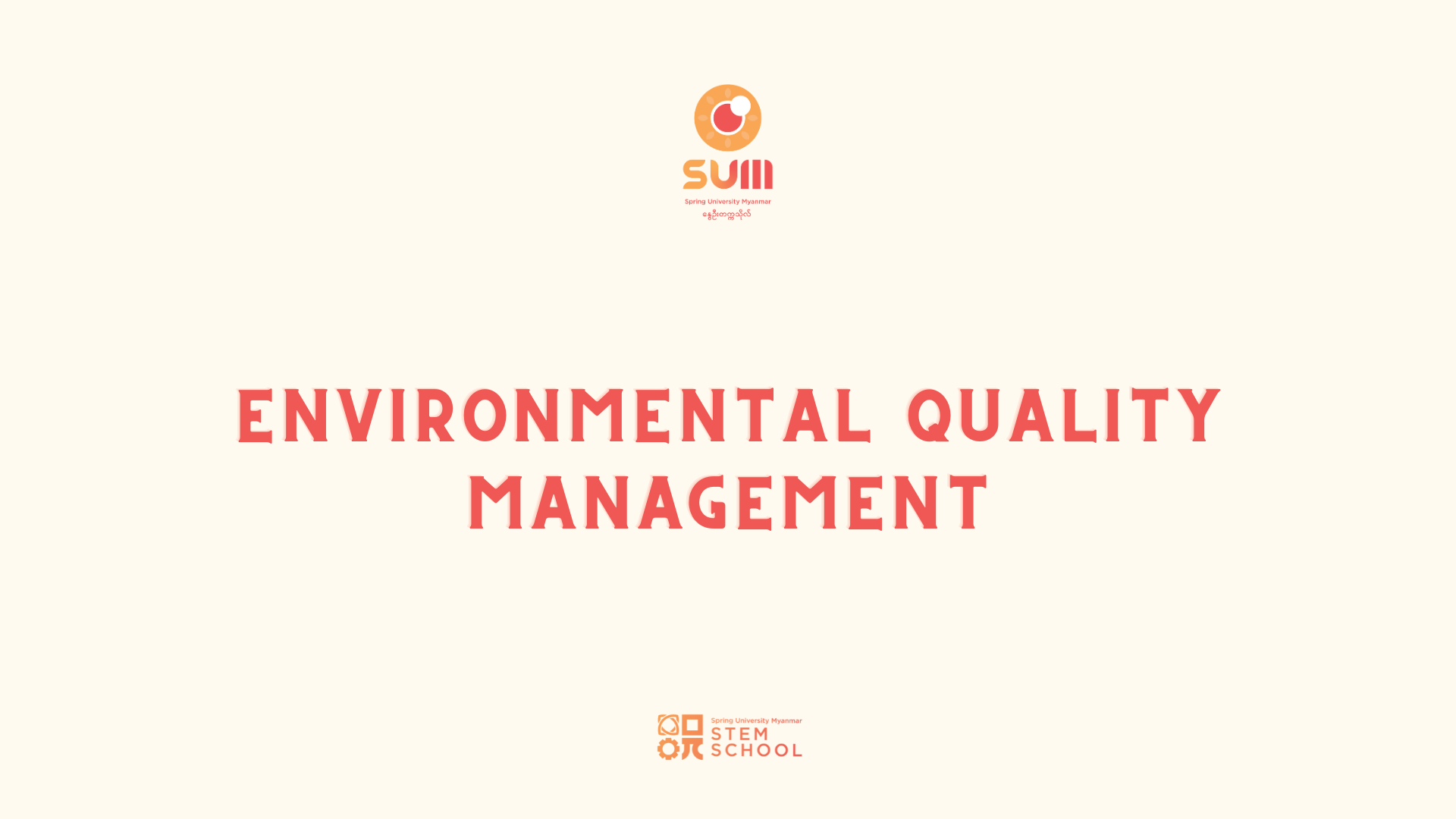
Environmental Quality Management
Free

- Teacher: SSM 11224
- Teacher: Info - ESC SUM
About this course
This course explores the principles, theories, and frameworks that underpin sustainable natural resource management, with a focus on collaborative approaches between communities, governments, and stakeholders. Through real-world case studies, learners will critically examine policies, governance models, and management practices, applying these insights to the local context. The course equips participants with a clear understanding of natural resources and knowledge and tools to address environmental challenges, balance competing interests, and foster equitable, sustainable resource use.
Learning Outcomes
-
Upon successful completion of this course, students will be able to comprehend how international, regional and local levels practices have an impact on sustainable natural resource management and the important roles of different stakeholders in the process
Total Modules
- Introduction to Natural Resource Management (NRM)
- Principles and Components of NRM
- Environmental Principles
- Sustainable Development and NRM
- Indigenous people’s rights and roles in NRM
- Collaborative Environmental Management at International Level
- Collaborative Environmental Management at Regional Level
- Collaborative Environmental Management at National and Local Level
8 lessons
Course duration
36 hrs
Course Type
Hybrid
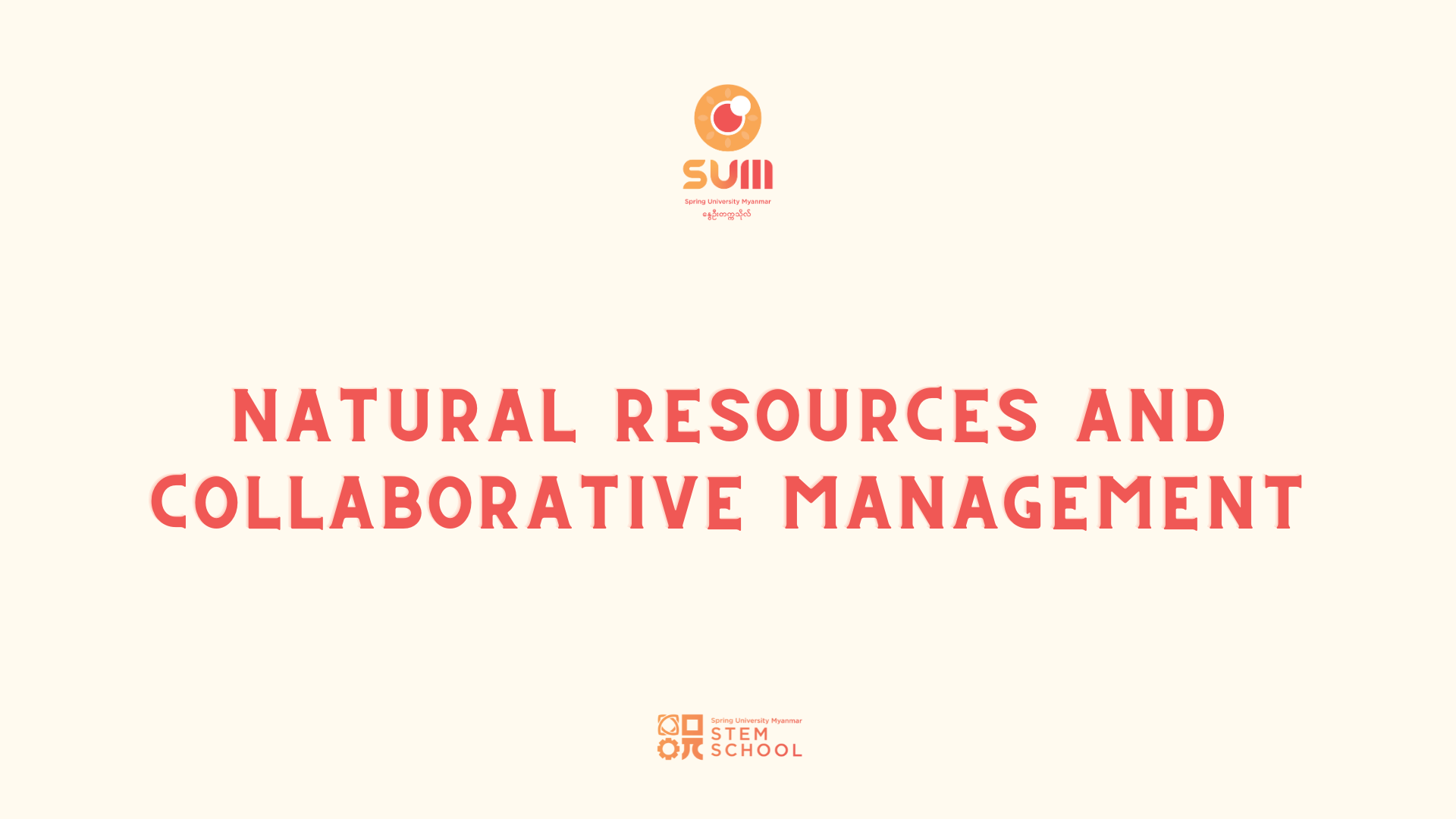
Natural Resources and Collaborative Management
Free

- Manager: Info - ESC SUM
- Teacher: Natasha Evans
- Teacher: Moon H geo
About this course
This course offers a concise yet comprehensive exploration of environmental studies, emphasizing its multidisciplinary nature, covering core topics such as ecology, ecosystems, natural and nutrient cycles, and the balance between biotic and abiotic components. It addresses major global and national environmental challenges like biodiversity loss, climate change, and development pressures and examines environmental policies, legislation, and tools for monitoring and assessment. Students will learn about species and landscape conservation, climate adaptation and mitigation, sustainable practices, and the importance of green spaces and financing mechanisms. The course also emphasizes community engagement, public awareness, and decision-making through real-world examples and case studies from both global and Myanmar contexts.
Learning Outcomes
-
Upon successful completion of this course, students will be able to:
- Define and explain ecological and environmental concepts
- Identify and evaluate major environmental issues globally and nationally
- Compare environmental policies and tools in Myanmar and other contexts
- Apply ecological principles to ecosystem interactions
- Assess strategies for conservation, climate, and sustainability
- Demonstrate awareness of community roles and participation
- Propose practical solutions to environmental challenges
- Communicate findings effectively using case studies and real examples
Total Modules
- Introduction to Environmental Studies
- The Environment in Balance
- Global and National Environmental Issues and Challenges
- Environmental Policy and Legislation
- Environmental Measurement and Tools
- Sustainable Practices and Solutions
- Community and Public Awareness
20 lessons
Course duration
120 hrs
Course Type
Hybrid
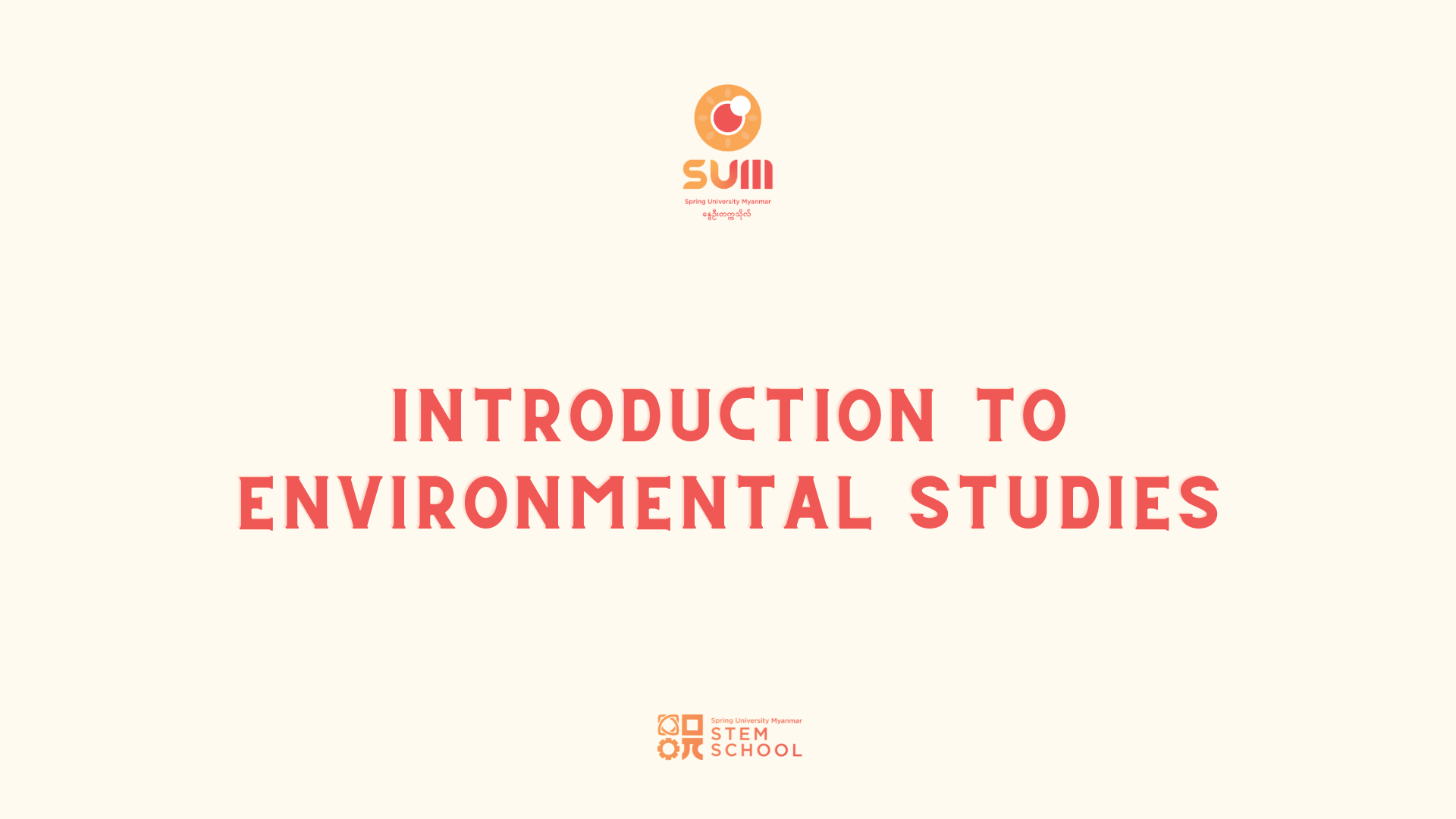
- Manager: Info - ESC SUM
- Teacher: Henry Forest
- Teacher: Max Groot
- Teacher: Forrest Just
- Teacher: Mori nature
About this course
This course is a fundamental concept, knowledge, and skills on Mobile Application Development.
Learning Outcomes
-
Upon successful completion of this course, students will achieve the following outcomes:
- To Know the Basics of Mobile Development, Describe the mobile development lifecycle, key ideas, and app types (native, hybrid, and cross-platform)
- To install the Installing and configuring mobile development environments (android Studio and Flutter) and testing apps on emulators or devices are examples of how to set up and use development tools.
- Create and Develop Mobile Apps Use UI/UX principles to design intuitive user interfaces and incorporate essential features like forms, storage, navigation, and API integration
- Launch and Demonstrate a Full Mobile App: Test, debug, and launch a working mobile application to complete a capstone project that answers a practical need.
Total Modules
- Introduction to Mobile Application Development
- Setting Up the Development Environment
- UI/UX Design for Mobile Applications
- Working with Data and APIs
- Testing, Debugging, and Optimization
- Building and Deploying an App
6 lessons
Course duration
36 hrs
Course Type
Self-paced
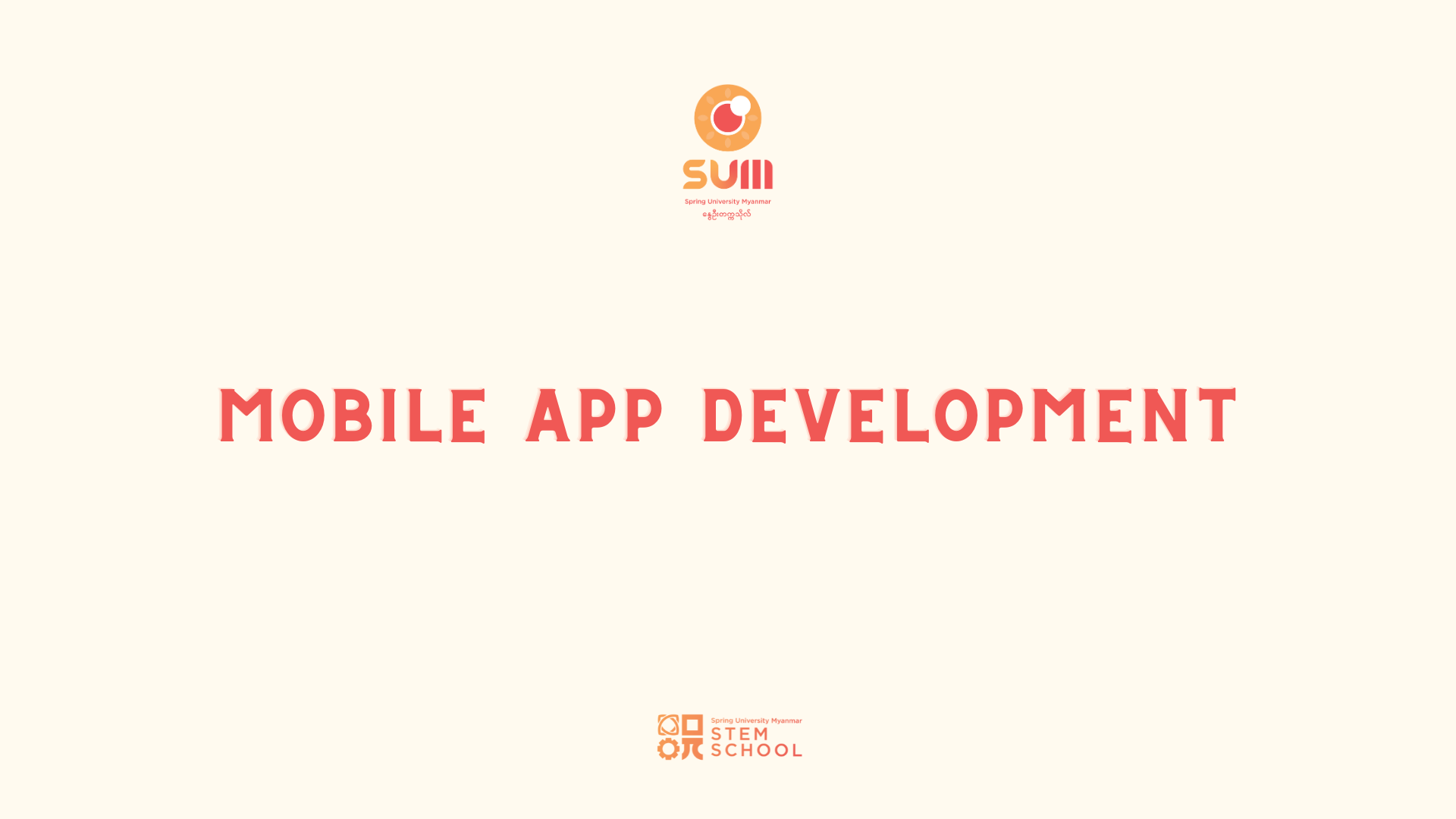
Mobile App Development
Free
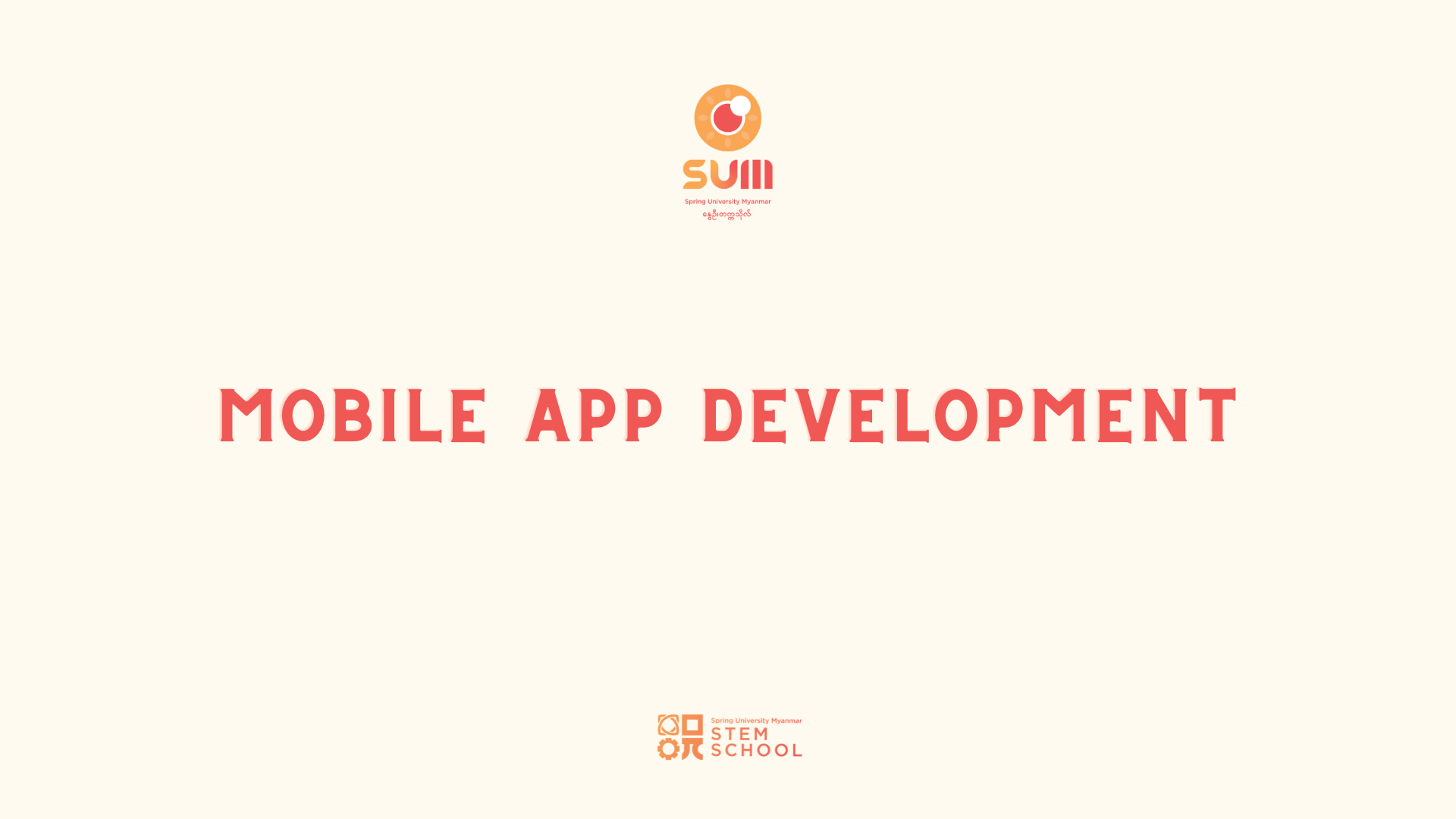
- Manager, Teacher: Partner Tester
About this course
This course is designed for Digital Marketing beginners who want to know what digital marketing is and how it works in the real world. It provides a comprehensive introduction to the fundamentals of digital marketing, covering key concepts, strategies, and tools used by professionals in the field.
Learning Outcomes
- Participants will gain practical insights into how digital marketing is applied across various online platforms to reach and engage target audiences, drive website traffic, and achieve business objectives.
Total Modules
- Introduction to Digital Marketing (Social Media and Open Web)
- Paid Media, Owned Media, Earned Media
- Content Management System
- Search Engine Optimization
- Search Engine Marketing
- Content Marketing
- Email Marketing
- Automation for Marketers
- Performance Marketing
- Data Analytics
- Data Visualization
11 lessons
Course duration
16 hrs 30 minutes
Course Type
Self-paced
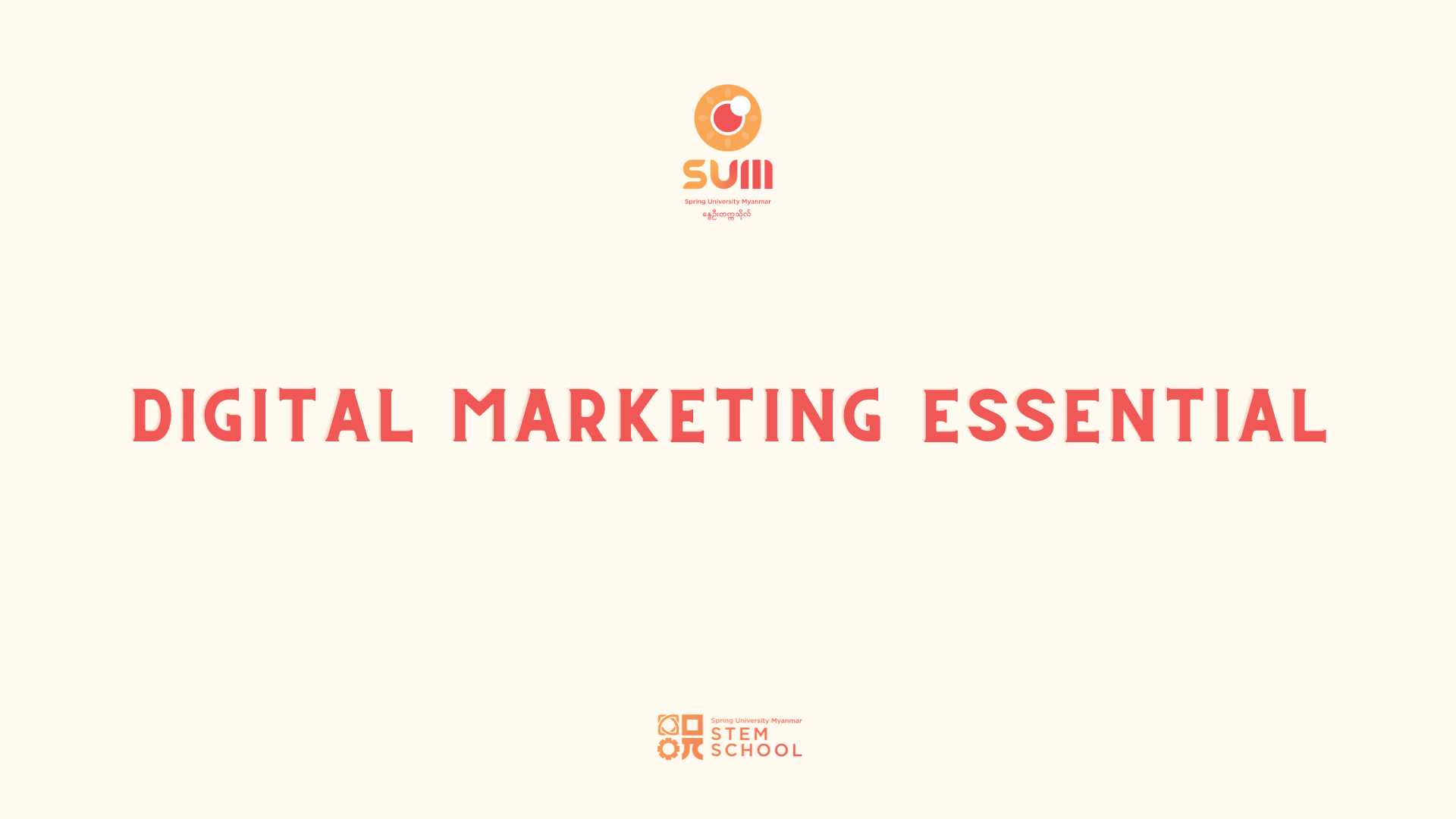
Digital Marketing Essential
Free
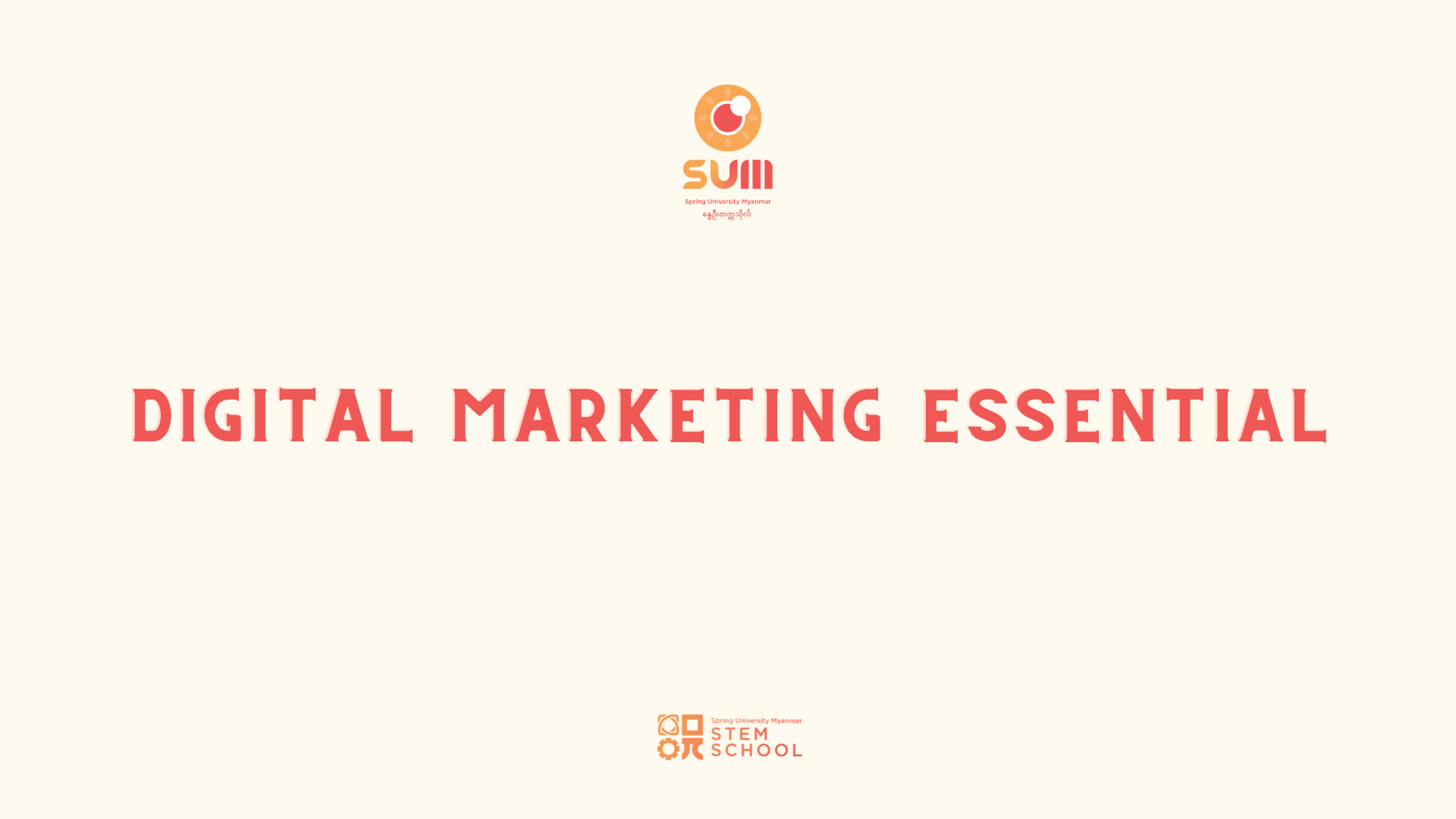
About this course
Welcome to the DaVinci Resolve 18 Video Editing Course! Over the next eight weeks, you’ll learn essential video editing skills using DaVinci Resolve 18, covering everything from media organization to advanced color grading and audio mixing. This course adopts a flipped classroom model: you’ll watch pre-recorded lessons before each session, and class time will focus on answering questions, clarifying concepts, and reinforcing skills through interactive support.
Learning Outcomes
-
By the end of this course, you’ll be able to:
- Organize and manage media for efficient editing workflows
- Apply editing techniques to build engaging visual stories
- Use DaVinci Resolve’s Cut, Fusion, Color, and Fairlight pages to create polished videos
- Export and finalize projects for professional output
- Showcase your skills in a final competition project
Total Modules
- Week 1: Getting Started
- Week 2: Building a Basic Edit
- Week 3: Advanced Editing Techniques
- Week 4: Visual Effects
- Week 5: Color Correction
- Week 6: Advanced Color Grading
- Week 7: Audio Mastery
7 lessons
Course duration
36 hrs
Course Type
Self-paced
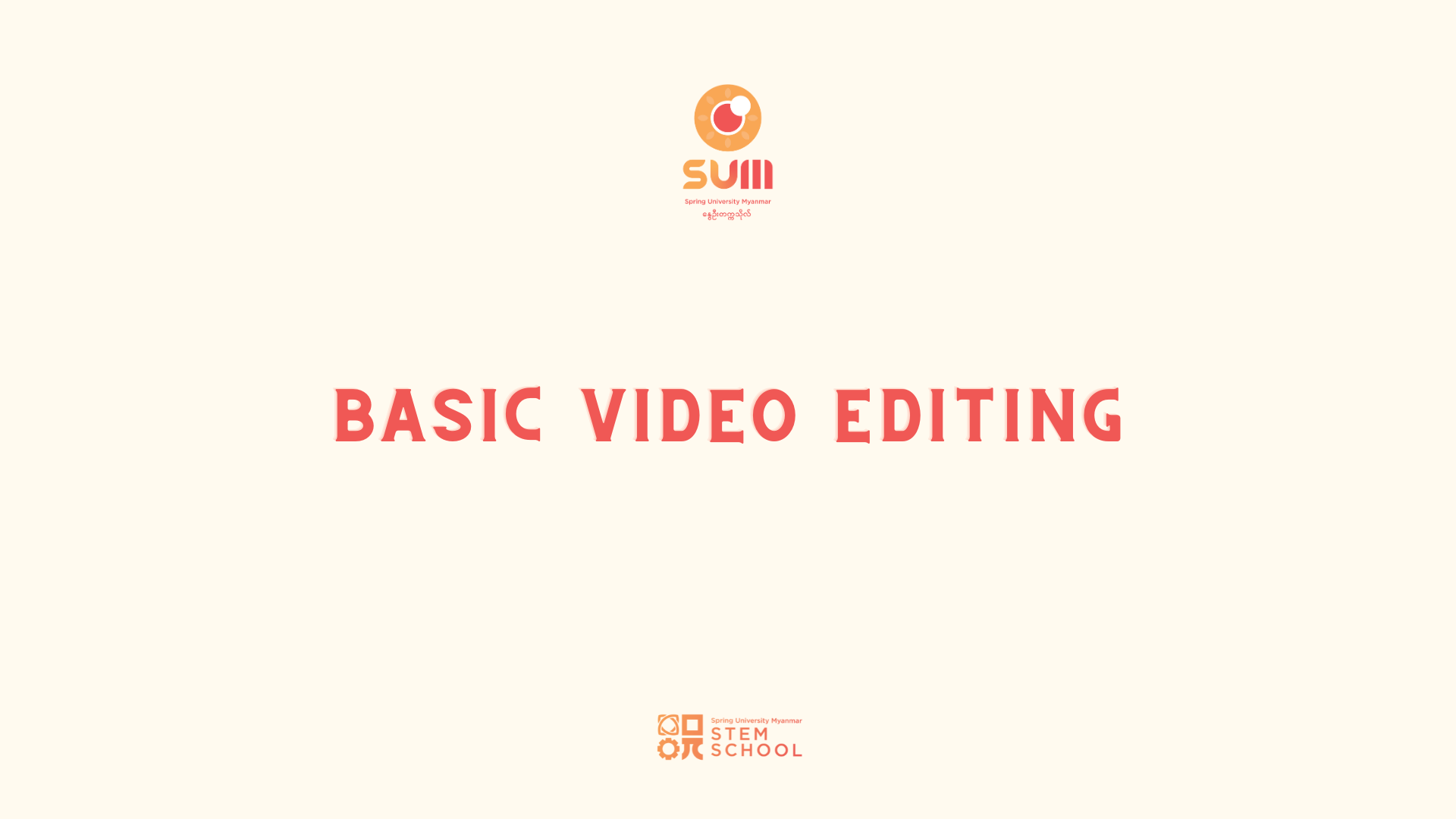
Basic Video Editing
Free
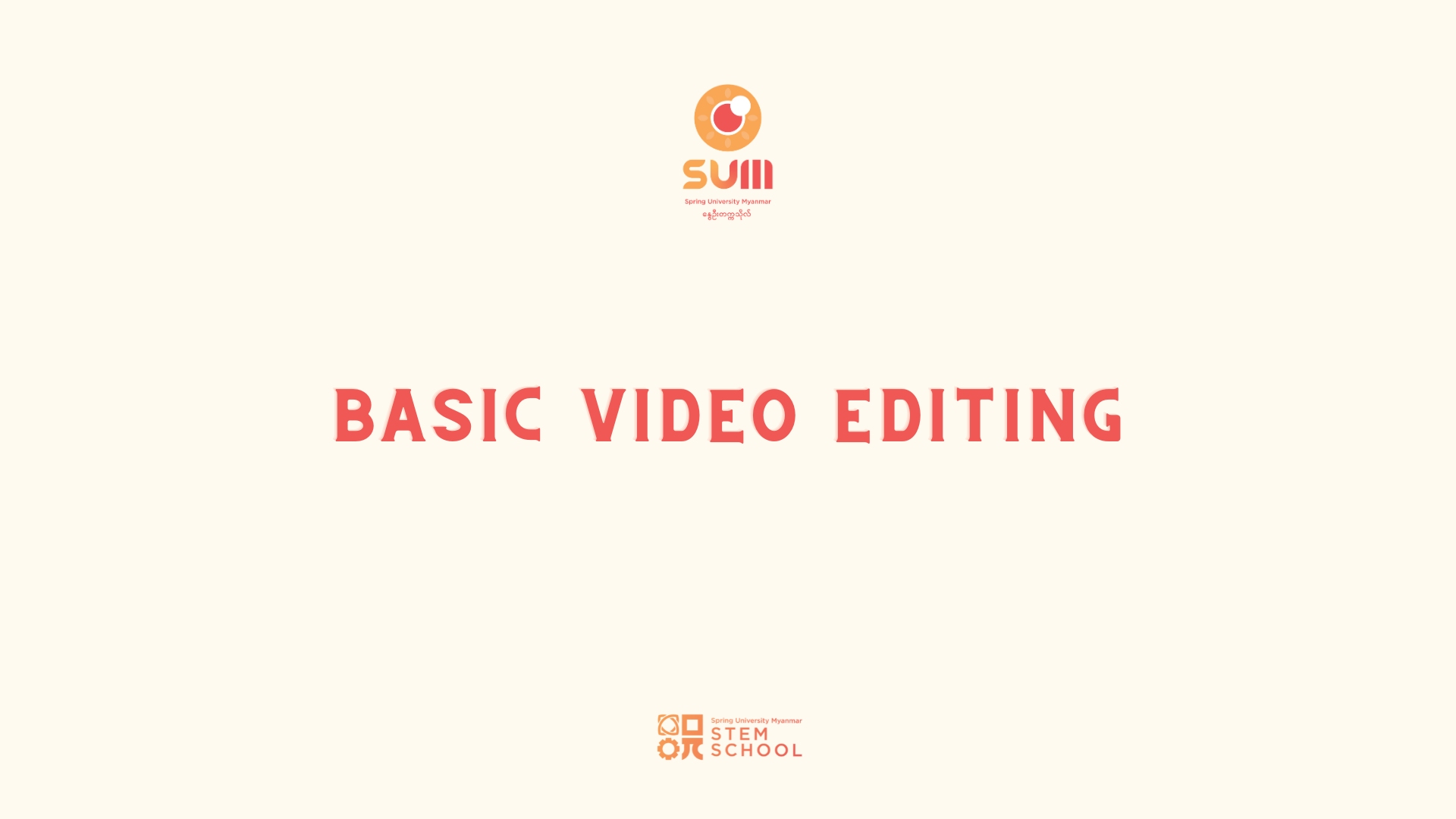
About this course
This course is designed to teach you how to create a business website without needing to know coding, whether for your own business or for your career. Through practical, hands-on lessons, you will learn how to build a functional website using basic computer skills, suitable for professional use.
Learning Outcomes
-
Upon successful completion of this course, students will achieve the following outcomes:
- Students will be able to create a fully functional and user-friendly website for various business purposes.
- Students will become proficient in using website creation platforms that do not require coding skills.
Total Modules
- Syllabus 1: Introduction to No-code Web Development
- Syllabus 2: Designing Your Website
- Syllabus 3: Adding Content and Media
- Syllabus 4: Interactivity and Animation
- Syllabus 5: Deployment and Maintenance
5 lessons
Course duration
5 hrs
Course Type
Self-paced
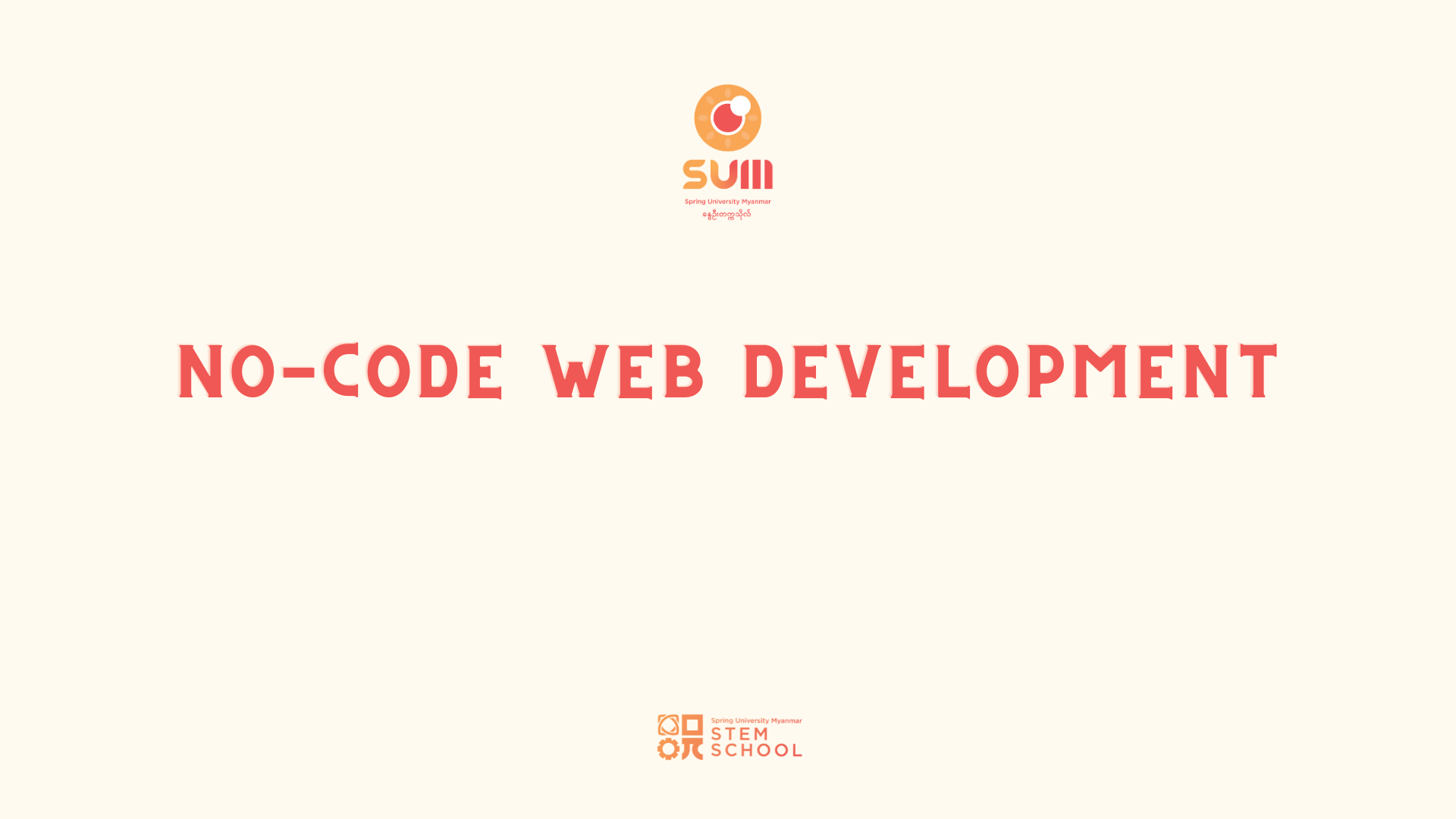
No-code Web Development
Free

About this course
Through self-paced learning with ICT4EDUCATORS, the learners will be able to develop a basic understanding of digital literacy fundamentals and level up their technology competency and learn innovative teaching methods.
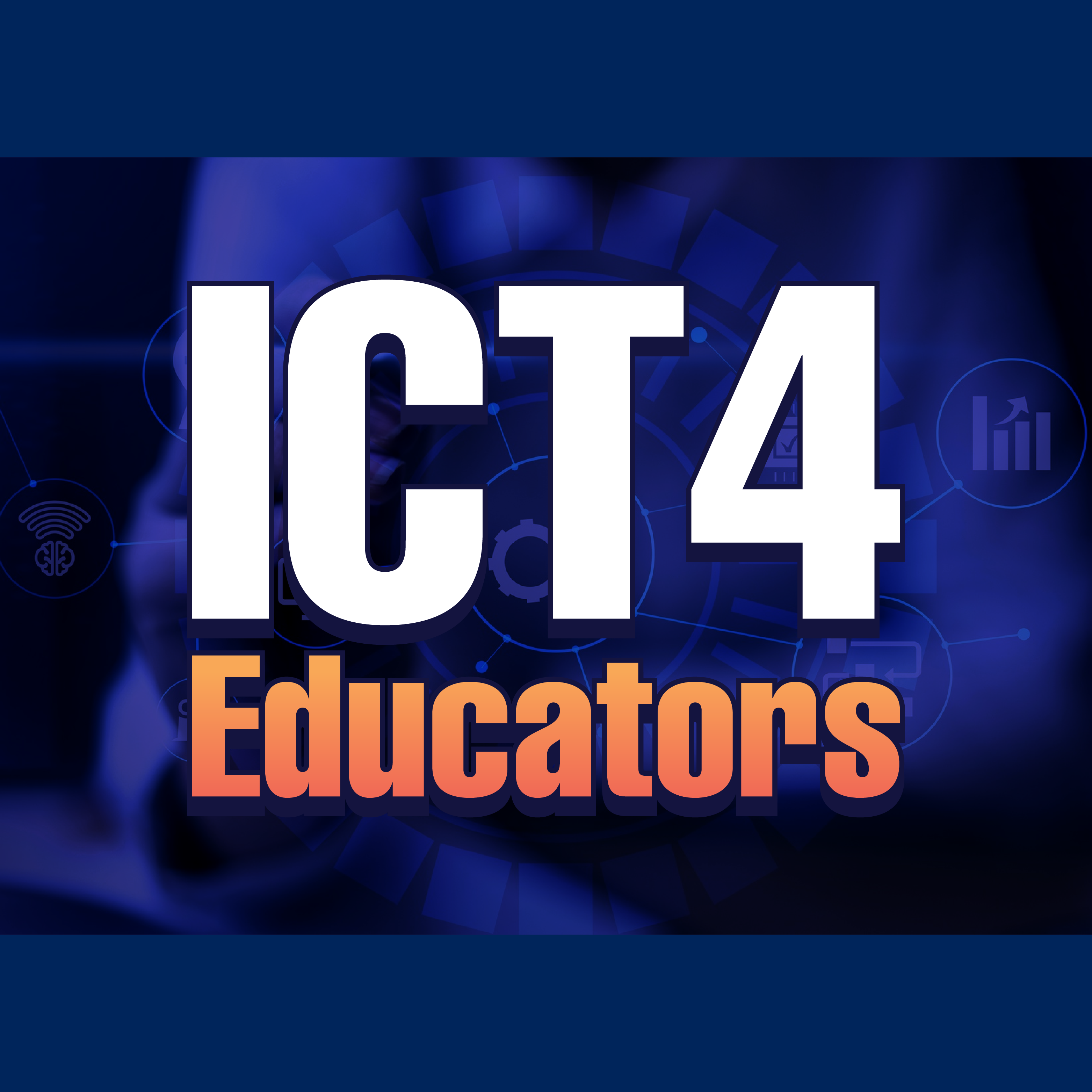
ICT4 Educator
Free

- Teacher: Instructor 1
- Teacher: Instructor 2
- Teacher: ict 4e
- Teacher: instru ctor
- Teacher: ICT4 E
- Teacher: Stem Instructor
About this course
The course covers the introduction to cyber security, passwords and two-factor authentication, phishing, communicating and sharing data. Moreover, the course includes how to secure the device, how to stay safe on the internet, how to store the data, how to protect the physical security and what to do when things go wrong.
Learning Outcomes
- Being able to create a digitally secure social environment and enable the public to live securely, while enhancing the momentum of the Spring Revolution
Total Modules
5 lessons
Course duration
2 hrs 46 minutes
Course Type
Self-paced
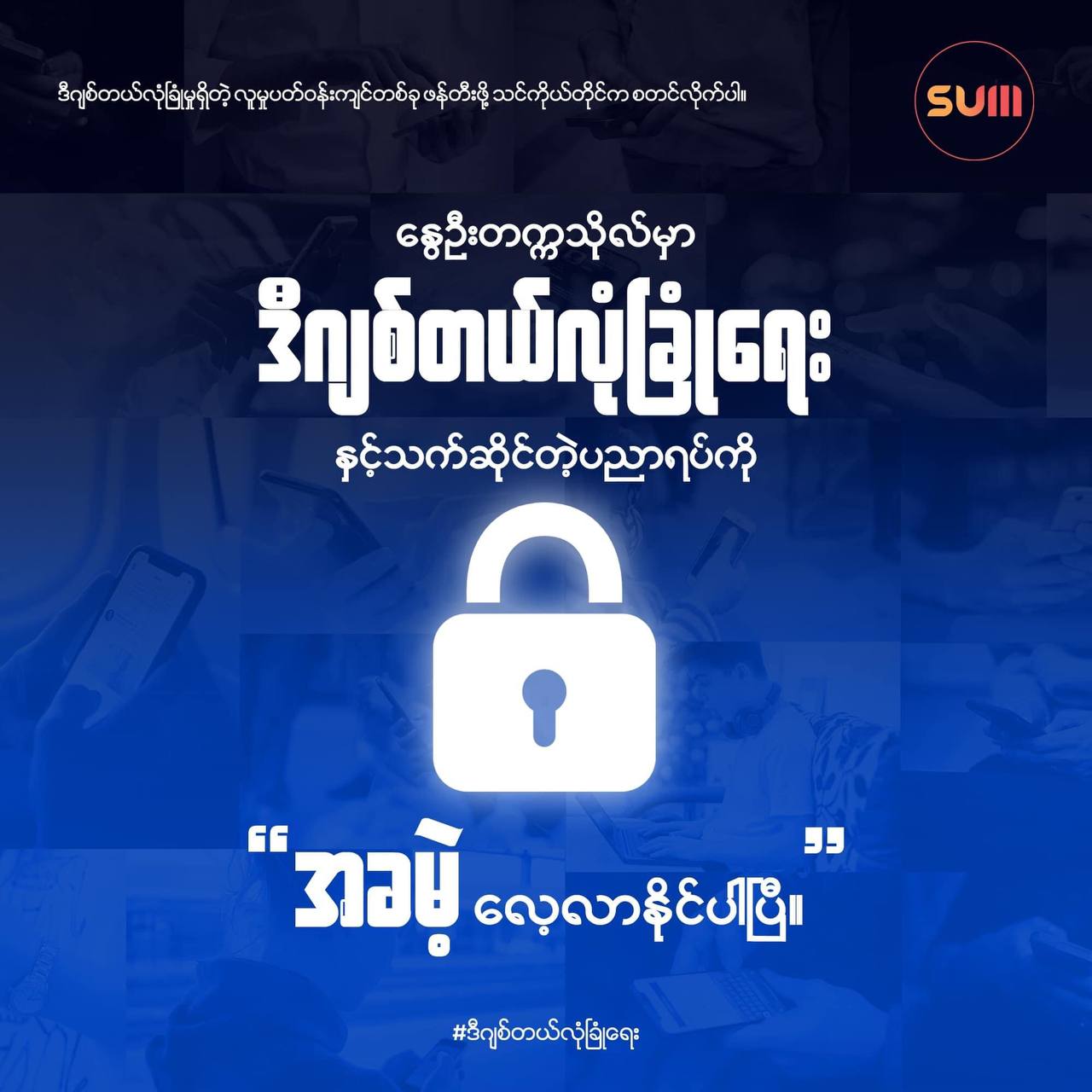
Cyber Security 101
Free










